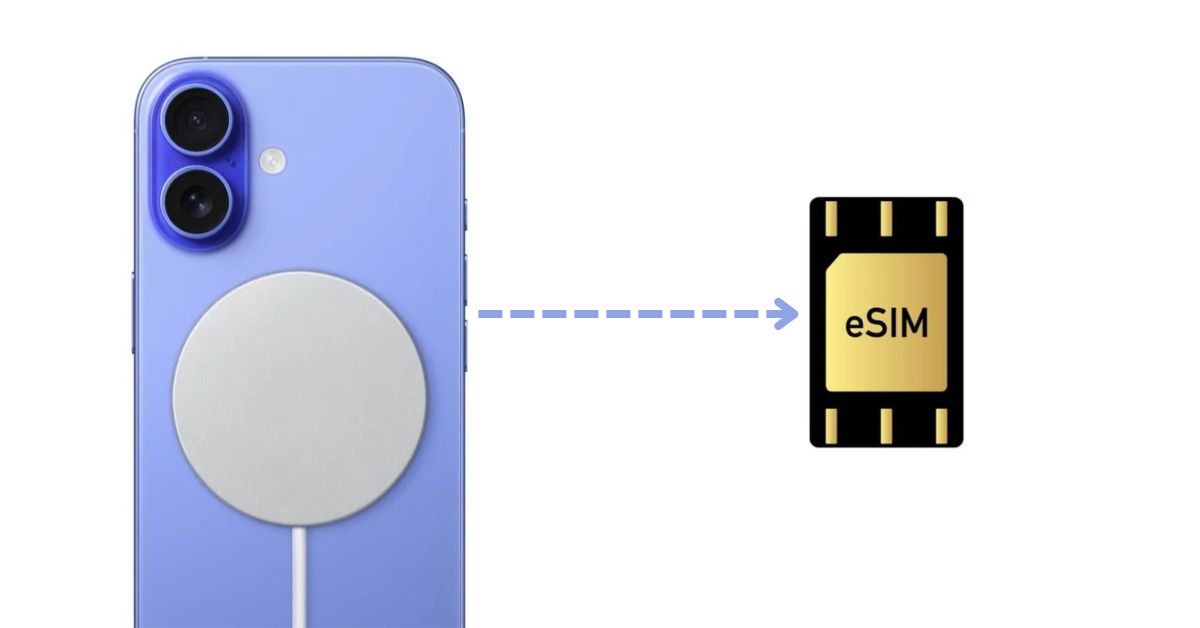AI is reshaping every aspect of our lives, from how we communicate to how we work and play. And at the forefront of this innovation stands Meta AI. Backed by one of the most influential tech giants globally, Meta AI is paving the way for cutting-edge advancements in artificial intelligence with the potential to transform industries and create new possibilities.
This post will explore what Meta AI is, examine the technologies and applications that make it so distinctive, and discuss its role in shaping the future of artificial intelligence. Whether you’re a tech enthusiast, business professional, or AI developer, you’ll gain valuable insights into how Meta AI is driving the next wave of innovation.
What is Meta AI?
Meta AI is the artificial intelligence research and development arm of Meta, the company formerly known as Facebook. It focuses on advancing the field of AI across various sectors, from social media and virtual reality to healthcare and marketing. At its core, Meta AI is about creating machine learning and AI-powered systems that enhance human interactions, solve complex challenges, and power immersive virtual experiences in what many are calling the “metaverse.”
Why is Meta AI Important?
Meta AI’s significance lies in its ability to harness AI to create smarter, more intuitive systems. The technologies developed under Meta AI are designed to make devices and platforms more user-centric, by improving personalization, automating complex tasks, and fostering connections between people and technologies. These advancements have wide-reaching implications, offering solutions to longstanding problems in industries including healthcare, marketing, and entertainment.
How Does Meta AI Differ From Other AI Technologies?
What sets Meta AI apart is its holistic approach to AI development. Unlike other organizations that might focus on a single aspect of AI, Meta AI combines machine learning, computer vision, natural language processing, and more to create integrated systems. This interdisciplinary focus allows Meta AI to excel in diverse areas such as real-time translation, AR/VR experiences, and AI-powered moderation in social media.
The Origins of Meta AI
The Birth of Meta AI
Meta AI’s roots can be traced to Facebook AI Research (FAIR), a division of Facebook established to advance the science of AI. With a focus on open research and collaboration, FAIR set the stage for the AI breakthroughs we see today.
Facebook’s Transition to Meta
When Facebook rebranded itself as Meta in 2021, the company signaled a transformation in its priorities. No longer confined to social media, Meta aimed to be at the center of the metaverse revolution, with AI playing a pivotal role in this ambition.
Meta’s Vision for AI Development
Meta’s vision for AI is ambitious—to build foundational technologies that drive connections in virtual spaces. Through innovations such as AI-powered virtual assistants and immersive environments, Meta AI is working to create seamless integration between the physical and digital worlds.
Key Technologies Behind Meta AI
Meta AI encompasses several groundbreaking AI technologies that form the backbone of its progress:
Machine Learning and Deep Learning
Meta AI uses advanced machine learning algorithms to recognize patterns and optimize systems. Deep learning, a subset of machine learning, powers tools such as voice assistants, recommendation systems, and predictive analytics.
Natural Language Processing (NLP)
NLP allows Meta AI to process and understand human language. From real-time translation to AI-driven content generation, NLP technologies enable smarter and quicker communication between users and systems.
Computer Vision and Image Recognition
Meta AI’s computer vision capabilities facilitate detailed image and video analysis. This technology plays a vital role in AR/VR platforms, helping create immersive visuals and accurate object recognition.
Reinforcement Learning
Reinforcement learning enables Meta AI systems to learn through trial and error, improving their efficiency over time. Applications include smarter AI gaming opponents and optimized user interfaces.
Meta AI’s Real-World Applications
Meta AI is not just theoretical; it’s delivering practical solutions across multiple industries.
AI in Social Media
Personalized Content Recommendations
Machine learning analyzes user behavior to serve hyper-relevant content, ensuring a more engaging experience.
AI-Driven Moderation
Automated moderation systems quickly detect and address harmful or inappropriate content, keeping platforms safer and more welcoming.
AI in the Metaverse
Virtual Reality (VR) and Augmented Reality (AR) Integrations
Meta AI enables life-like experiences in the metaverse by leveraging AI-driven AR and VR technologies. From realistic avatars to interactive digital objects, AI shapes the experiences users interact with.
AI-Powered Virtual Assistants
Smart assistants powered by Meta AI provide seamless help in virtual environments, making the metaverse more intuitive and accessible.
AI in Healthcare
AI Diagnostics and Medical Research
Meta AI’s machine learning capabilities are assisting in early disease detection, predictive analytics, and even gene editing research.
AI-Enhanced Wearable Devices
Fitness trackers and health monitors are incorporating AI to provide personalized wellness insights and recommendations.
AI in Business and Marketing
Customer Service Chatbots
AI-powered chatbots, such as those developed through Meta AI, enhance customer interactions across industries by offering instant, accurate responses.
AI-Driven Analytics for Targeted Advertising
Meta AI improves ad performance by analyzing user behavior to create highly personalized marketing campaigns.
Ethical Considerations and Challenges
While Meta AI is exciting, it raises ethical concerns. Responsible implementation is vital to address these issues.
Privacy Concerns
The extensive use of user data for personalization raises questions about data security and user consent, requiring constant vigilance and regulatory compliance.
Bias in AI Algorithms
Bias in AI systems can lead to harmful and unfair outcomes. Meta AI must prioritize developing algorithms that are fair and representative of diverse user experiences.
AI and Job Automation
AI automation could displace certain jobs. Balancing technological progress with the need for workforce adaptation is a crucial challenge.
Transparency and Accountability
Meta AI must remain transparent about how its systems work, fostering trust through clear communication and accountability.
How Meta AI is Shaping the Future
Meta AI has the potential to redefine what’s possible in the digital world.
AI-Driven Advancements in Virtual Worlds
From building immersive metaverse environments to improving accessibility, Meta AI is helping create inclusive virtual spaces.
The Role of AI in Web3 and Decentralized Technology
Meta AI aims to enable seamless AI-backed interactions in decentralized ecosystems like blockchain-driven Web3 environments.
Future AI Developments and Their Impact
Meta AI is advancing technology at an unprecedented rate, promising a future filled with smarter, more adaptive systems that seamlessly integrate into our lives.
Looking Ahead with Meta AI
Meta AI is more than an AI research initiative; it’s a glimpse into the future. From improving social media interactions to laying the foundation for an immersive metaverse, Meta AI is driving innovation across industries and redefining how we work, play, and connect.
To stay updated on advancements in AI or explore developing cutting-edge AI systems, Meta AI is one to watch.
FAQs
What makes Meta AI different from other AI companies?
Meta AI’s interdisciplinary approach to AI development allows it to integrate technologies like machine learning, NLP, and computer vision seamlessly.
How does Meta AI improve social media experiences?
Meta AI enhances user experiences by offering personalized content recommendations and effective moderation tools to keep platforms safe and engaging.
Is Meta AI safe for user privacy?
Meta AI strives to prioritize user data protection, though ongoing challenges require stringent monitoring and transparent practices.
How does Meta AI contribute to the metaverse?
Meta AI powers immersive experiences with VR/AR integrations and AI-driven virtual assistants, making the metaverse intuitive and interactive.
What are the future prospects of Meta AI?
Future prospects for Meta AI include advancements in virtual worlds, Web3 integrations, and further development of intelligent, adaptive AI systems.

Dominic O. McCoy is a passionate writer who loves crafting engaging and informative blogs on a wide range of topics. With a deep curiosity and a knack for storytelling, he explores everything from lifestyle and technology to business and home improvement. Whether breaking down complex ideas or sharing practical tips, McCoy aims to deliver valuable content that resonates with readers. When he’s not writing, he enjoys learning about new trends and expanding his knowledge to bring fresh perspectives to his work.





























































































